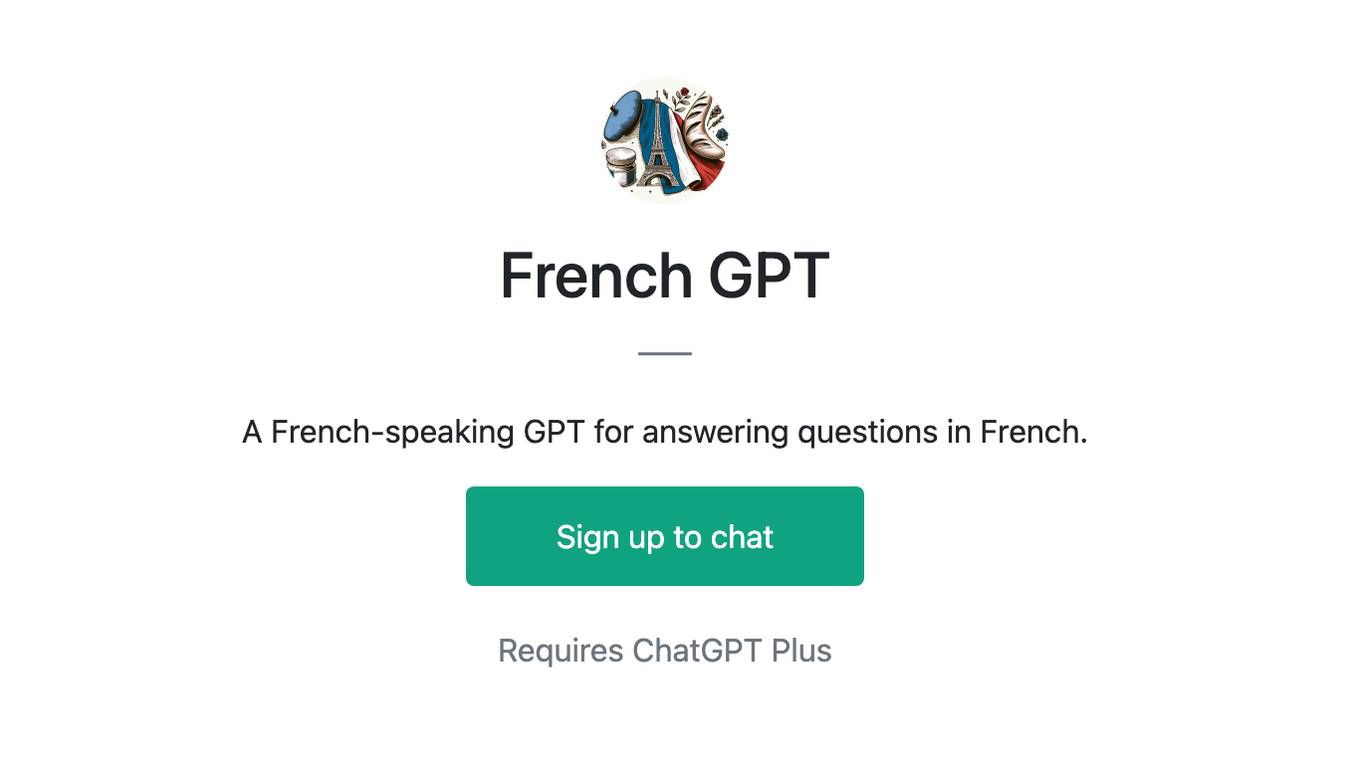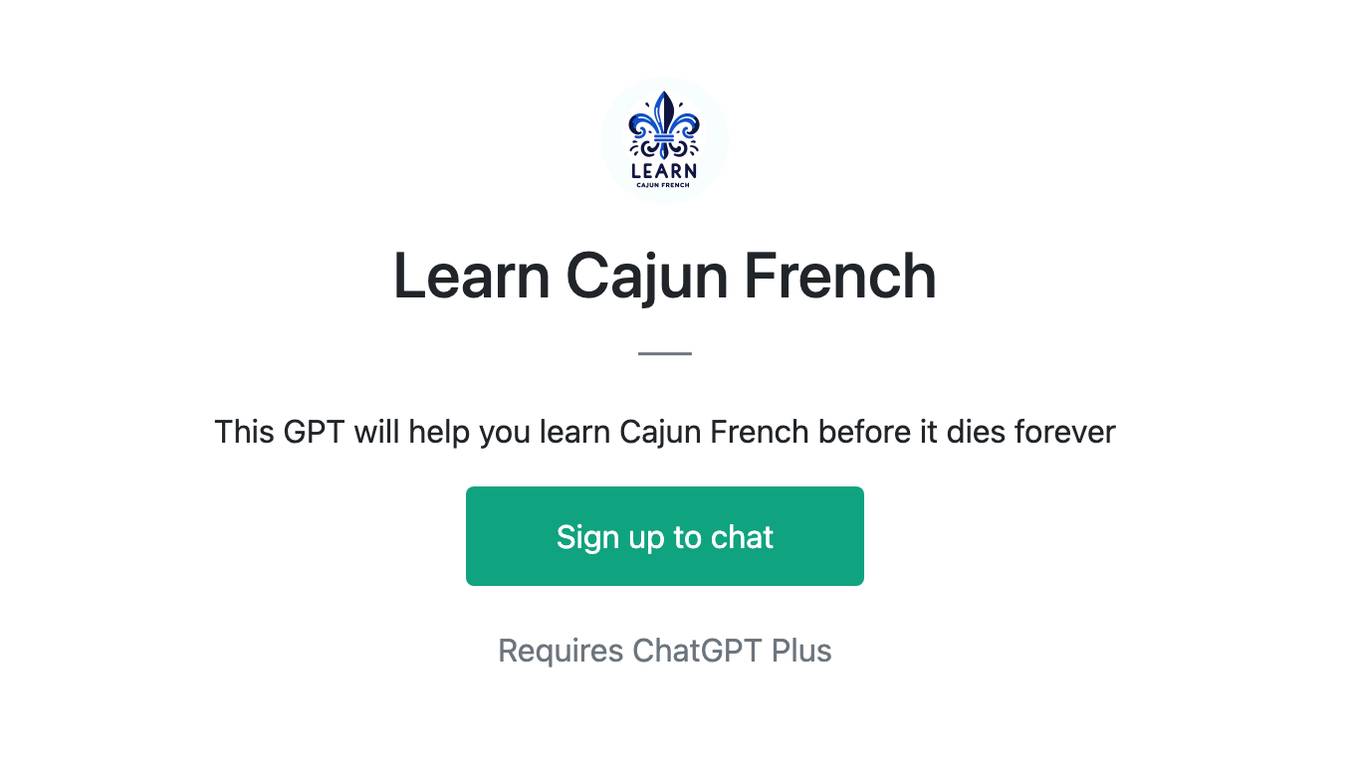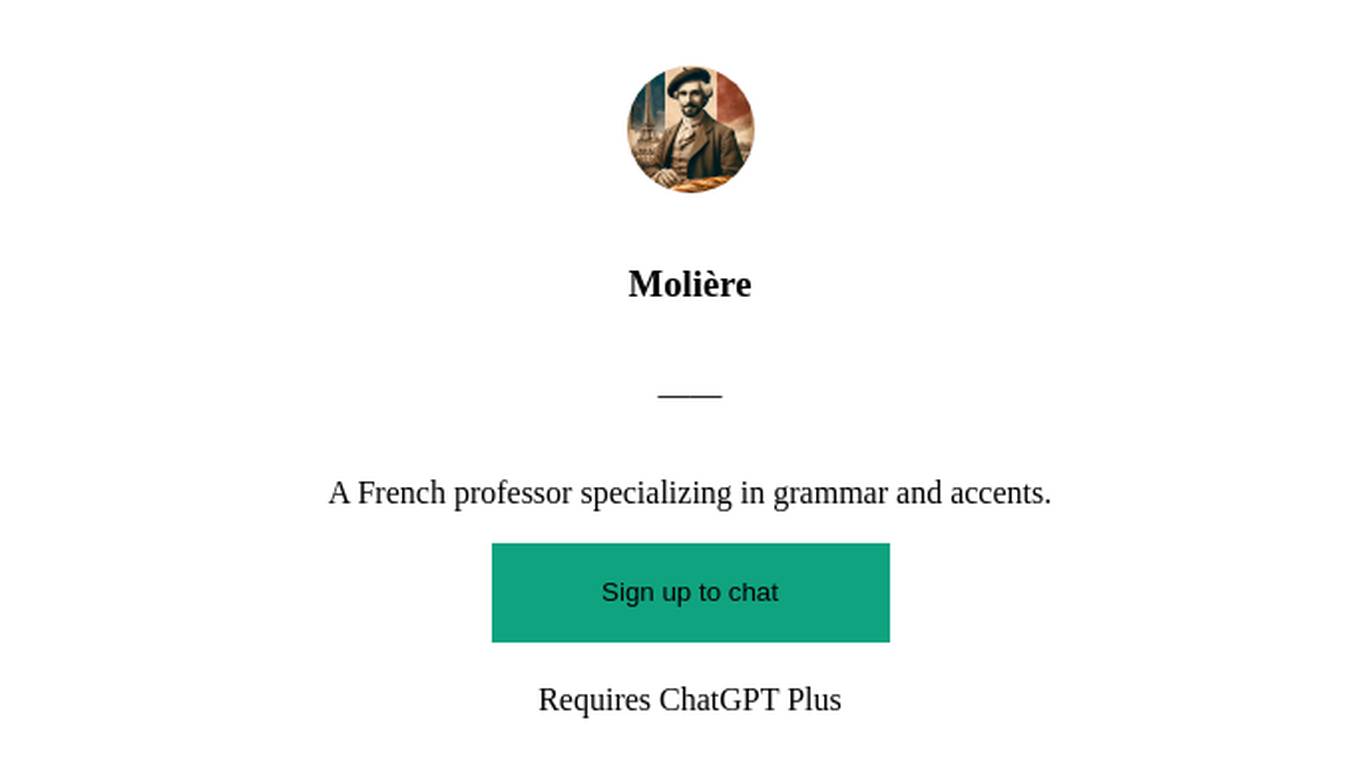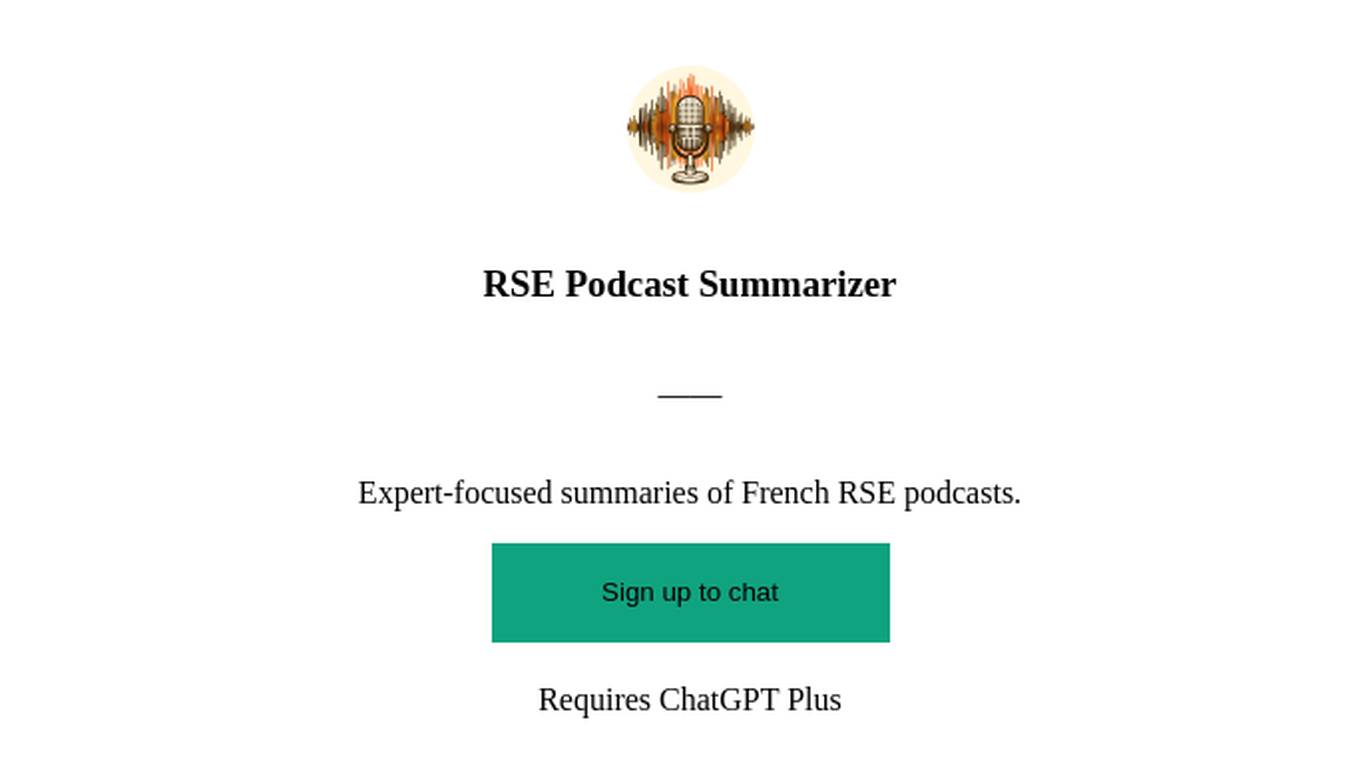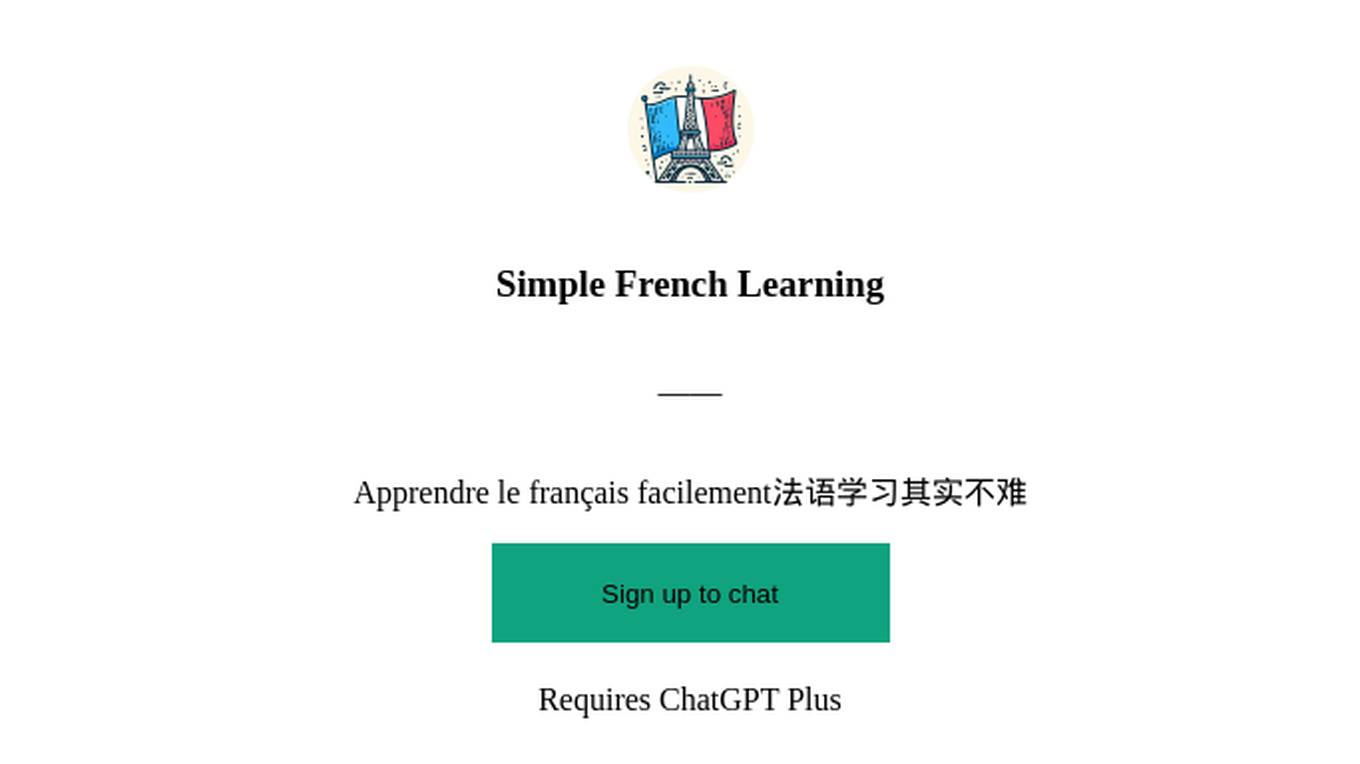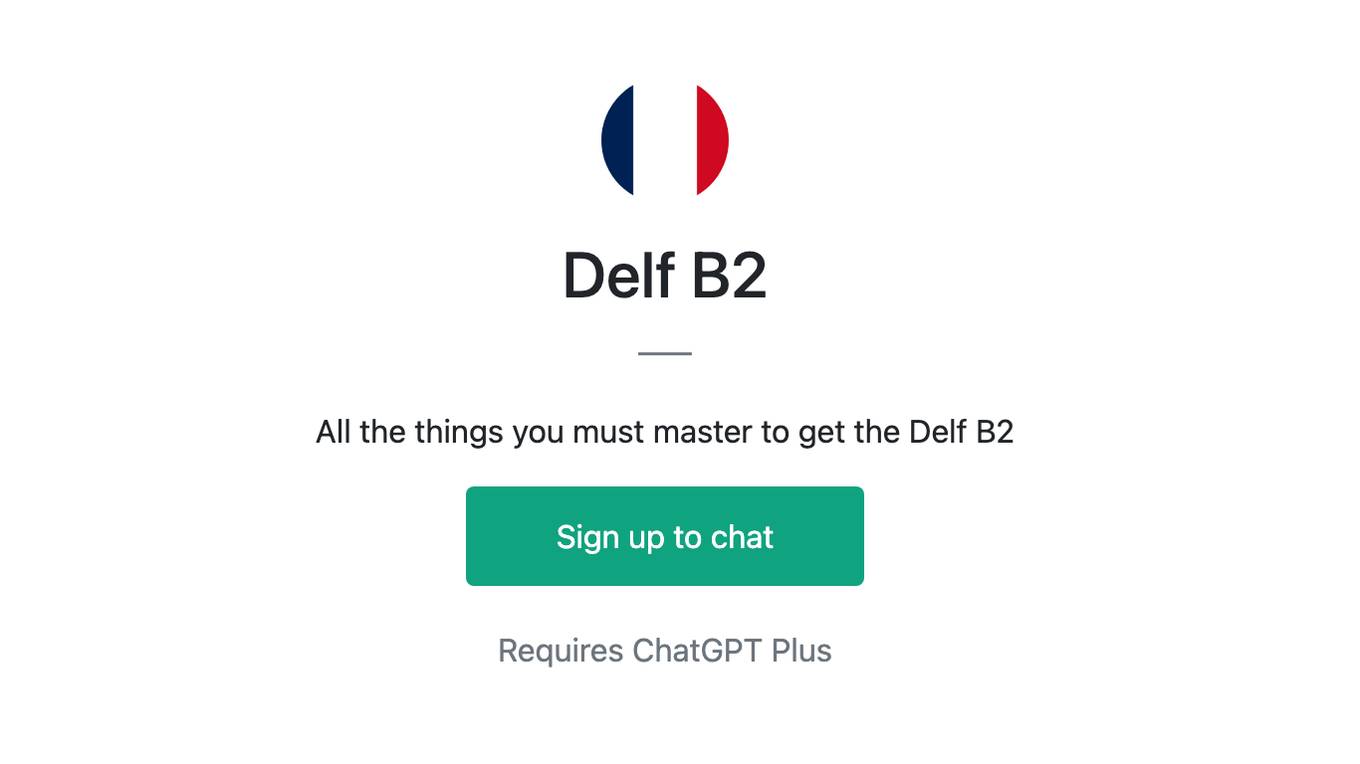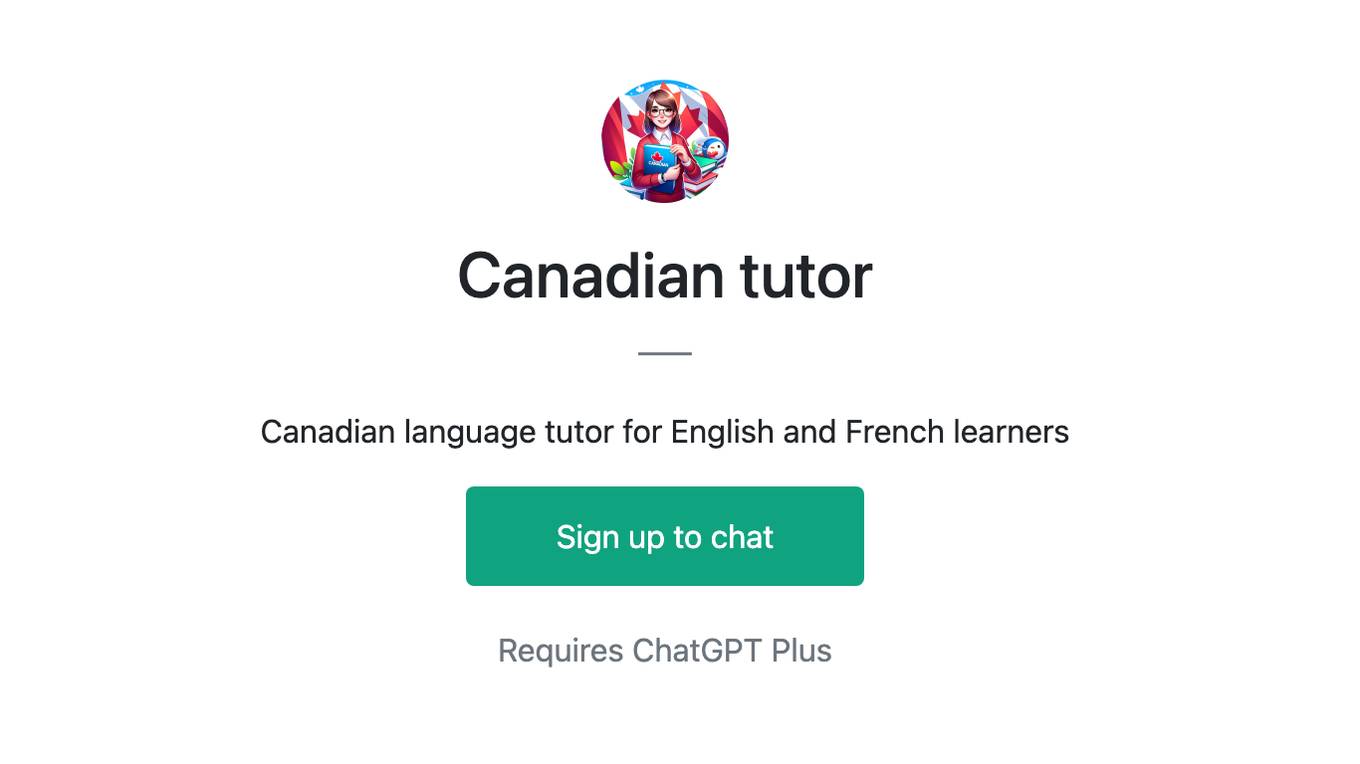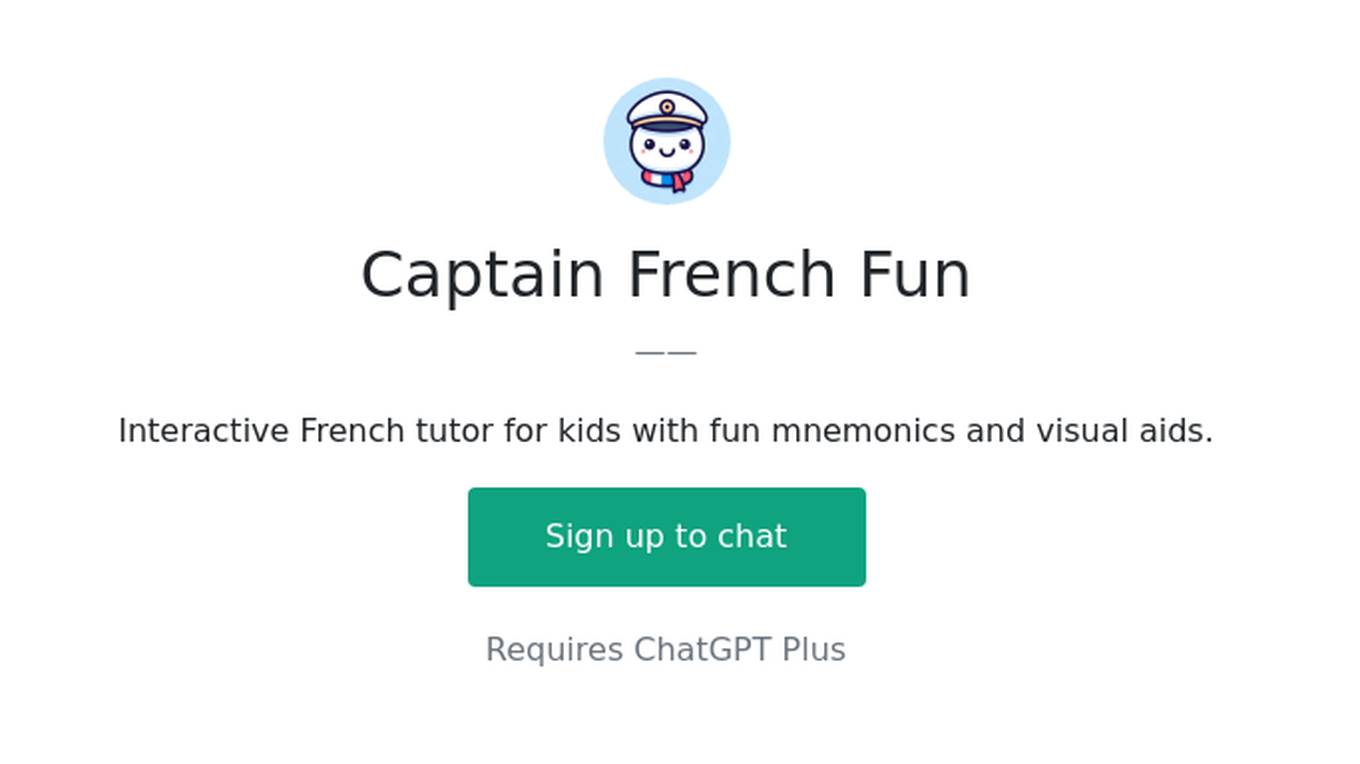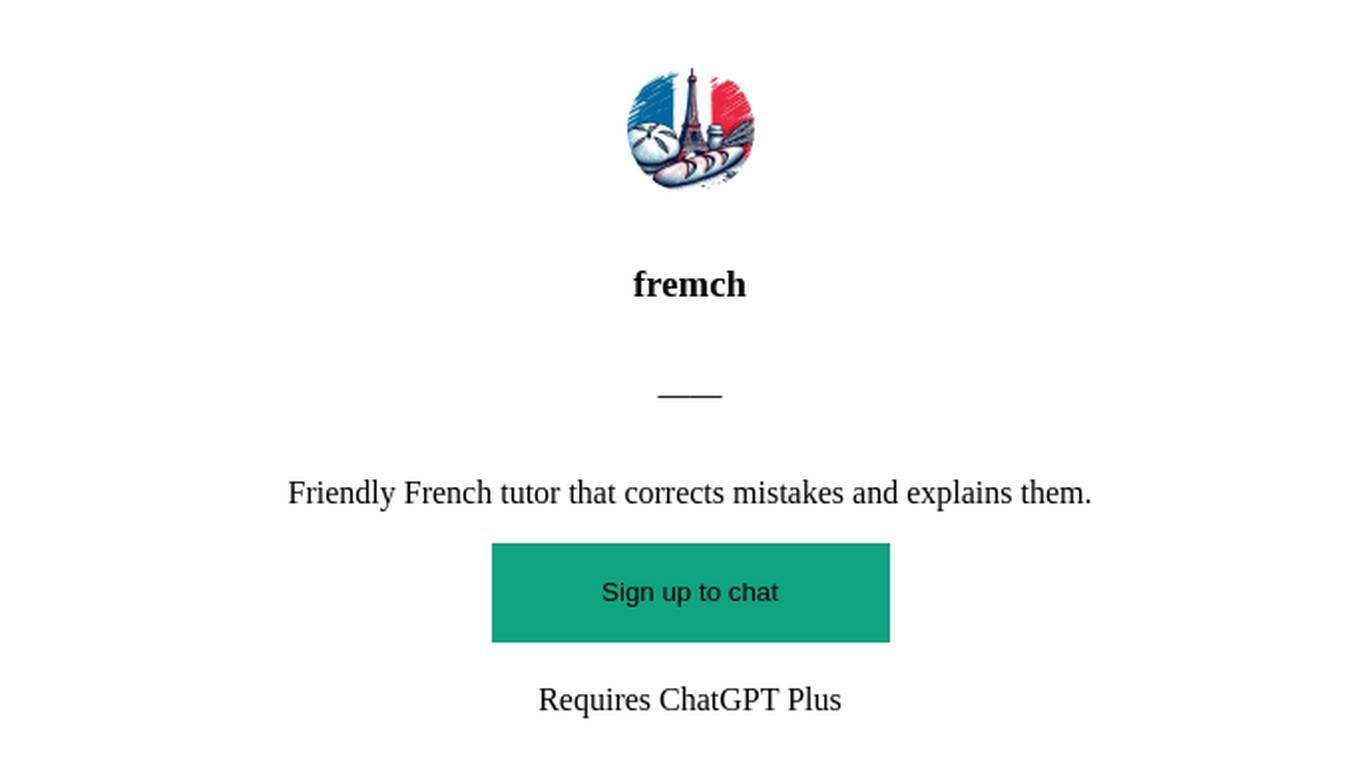Best AI tools for< French Language Researcher >
Infographic
20 - AI tool Sites

AnkiDecks
AnkiDecks is an online tool that helps users generate flashcards from files or text using AI. It supports various file formats, including PDFs, Word documents, PowerPoint presentations, and text files. The generated flashcards can be used for studying purposes, particularly for language learning. AnkiDecks also offers features such as cloze (fill-in-the-blank) flashcards and text-to-speech functionality for language flashcards. Users can import the generated flashcards into the popular flashcard software Anki for further review and practice.
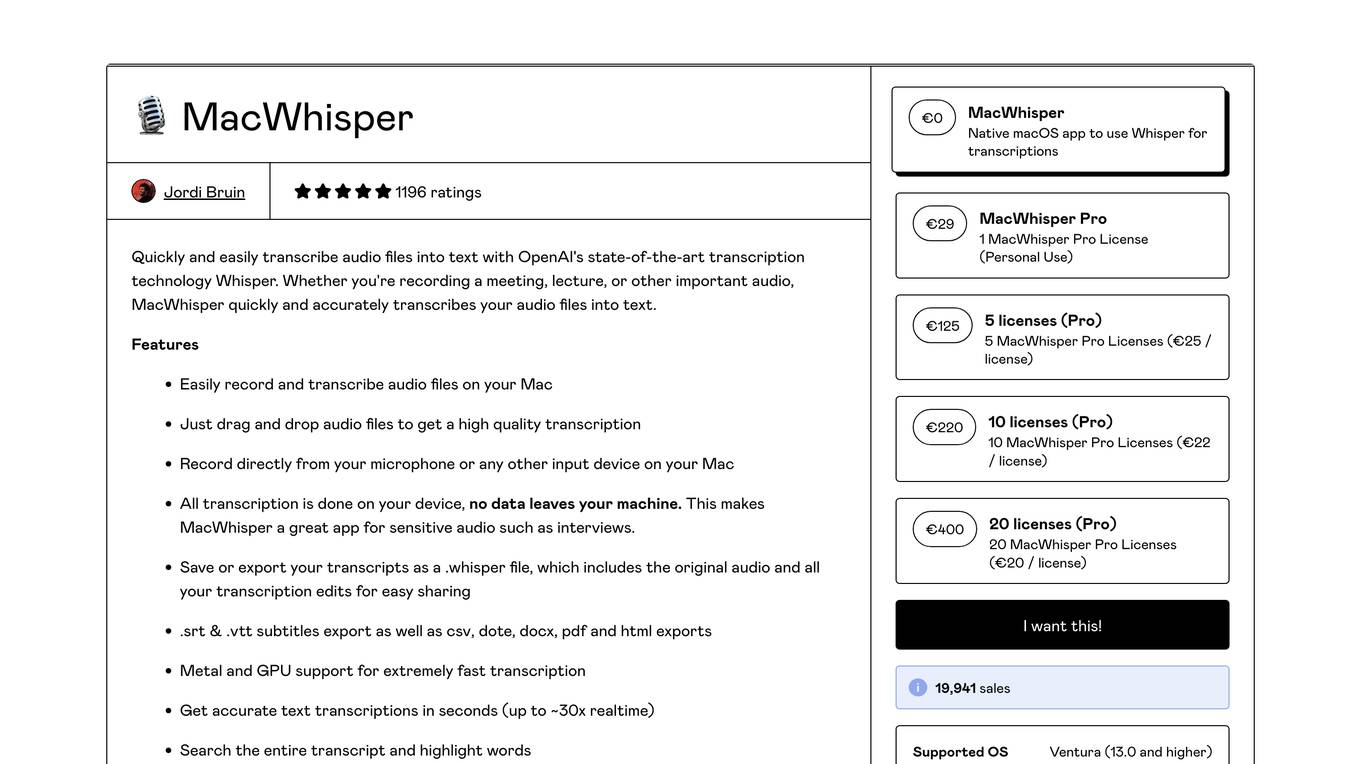
MacWhisper
MacWhisper is a native macOS application that utilizes OpenAI's Whisper technology for transcribing audio files into text. It offers a user-friendly interface for recording, transcribing, and editing audio, making it suitable for various use cases such as transcribing meetings, lectures, interviews, and podcasts. The application is designed to protect user privacy by performing all transcriptions locally on the device, ensuring that no data leaves the user's machine.
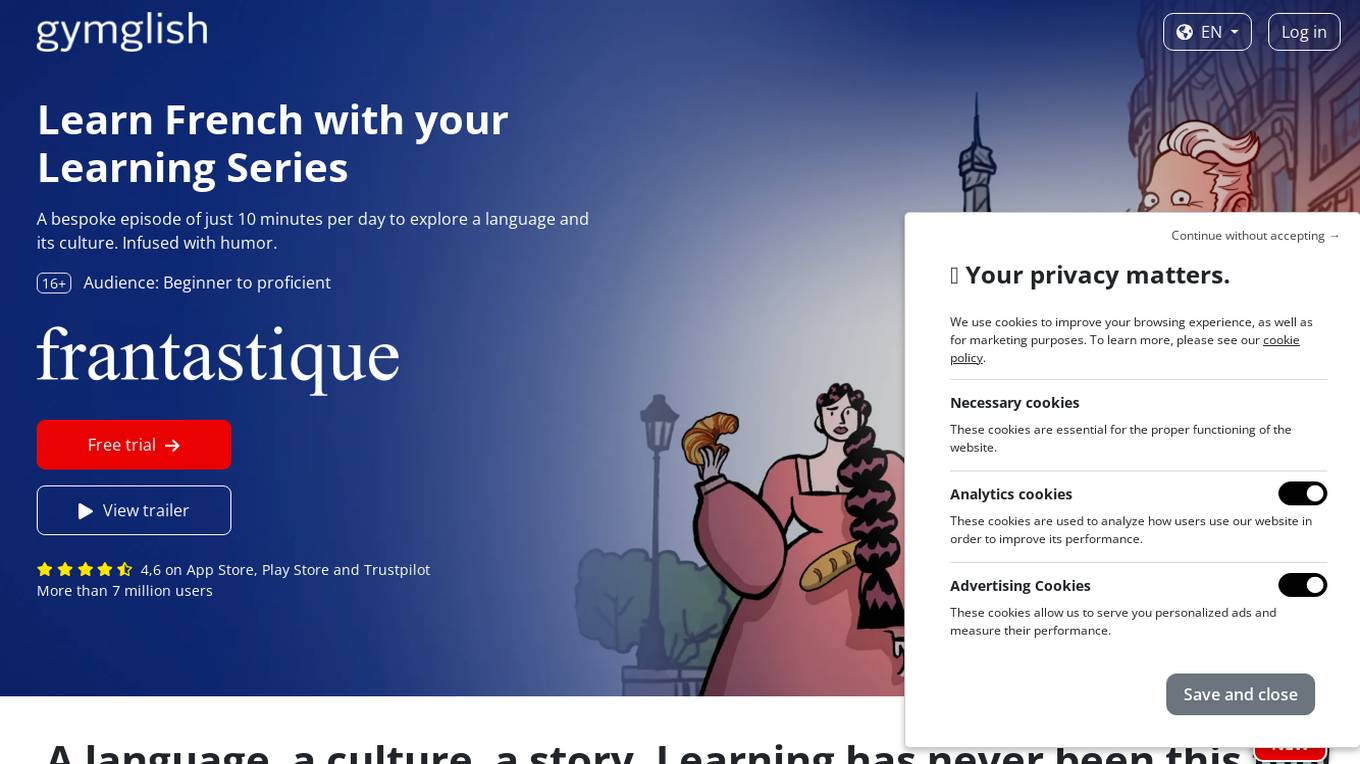
Frantastique
Frantastique is an AI-powered adaptive learning platform that offers online French lessons for beginners to proficient learners. The platform provides personalized daily episodes infused with humor to explore the French language and culture. With a focus on culture, users can follow the lives of quirky characters through whimsical scenarios and improve their speaking skills by interacting with the hero of their Learning Series. Frantastique aims to make learning French fun and engaging, catering to individual interests, goals, and revision needs.

Language Atlas
Language Atlas is an online language learning platform that uses AI to help students learn French or Spanish. The platform offers a variety of courses, flashcards, and other resources to help students learn at their own pace. Language Atlas also has a global community of learners who can help students stay motivated and on track.
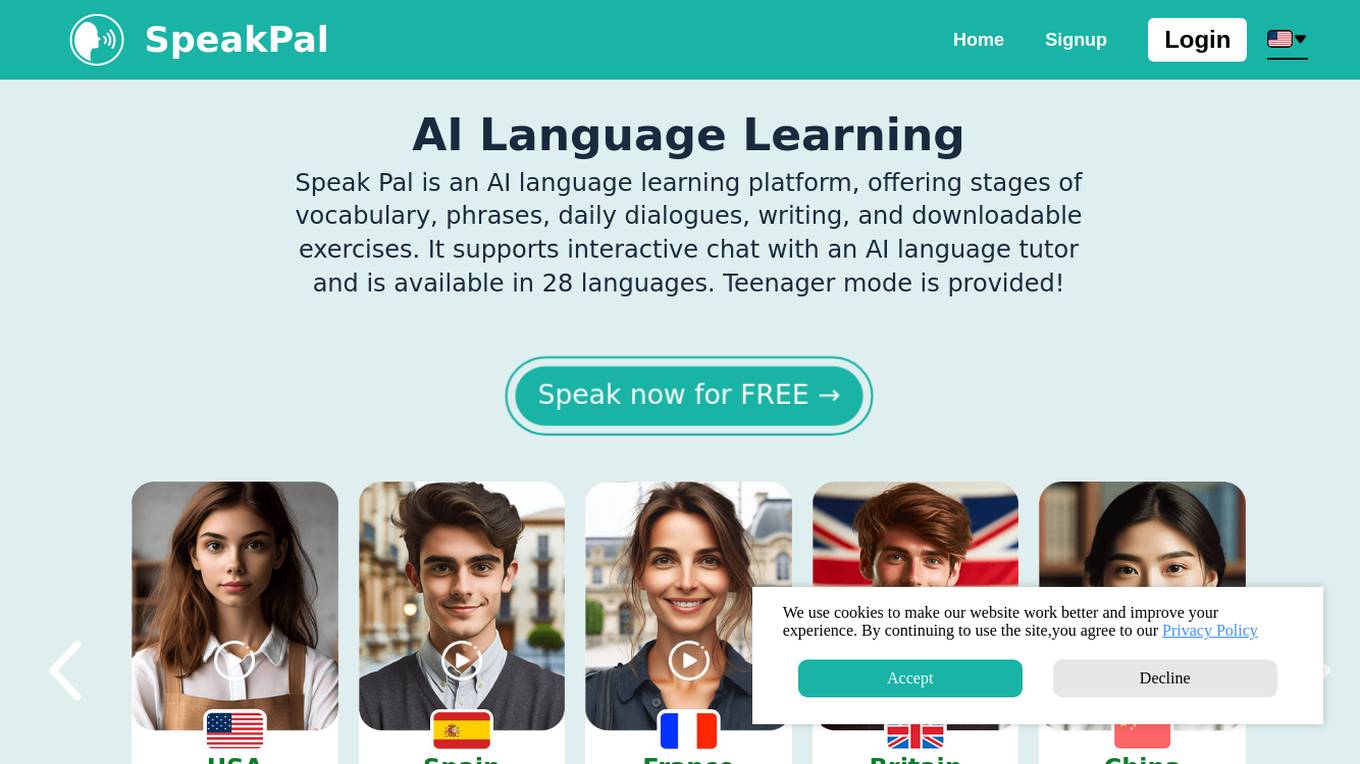
SpeakPal
SpeakPal is an AI language learning platform that offers stages of vocabulary, phrases, daily dialogues, writing, and downloadable exercises. It supports interactive chat with an AI language tutor and is available in 28 languages. The platform provides immersive language experiences and personalized teaching approaches to make language learning efficient and enjoyable.
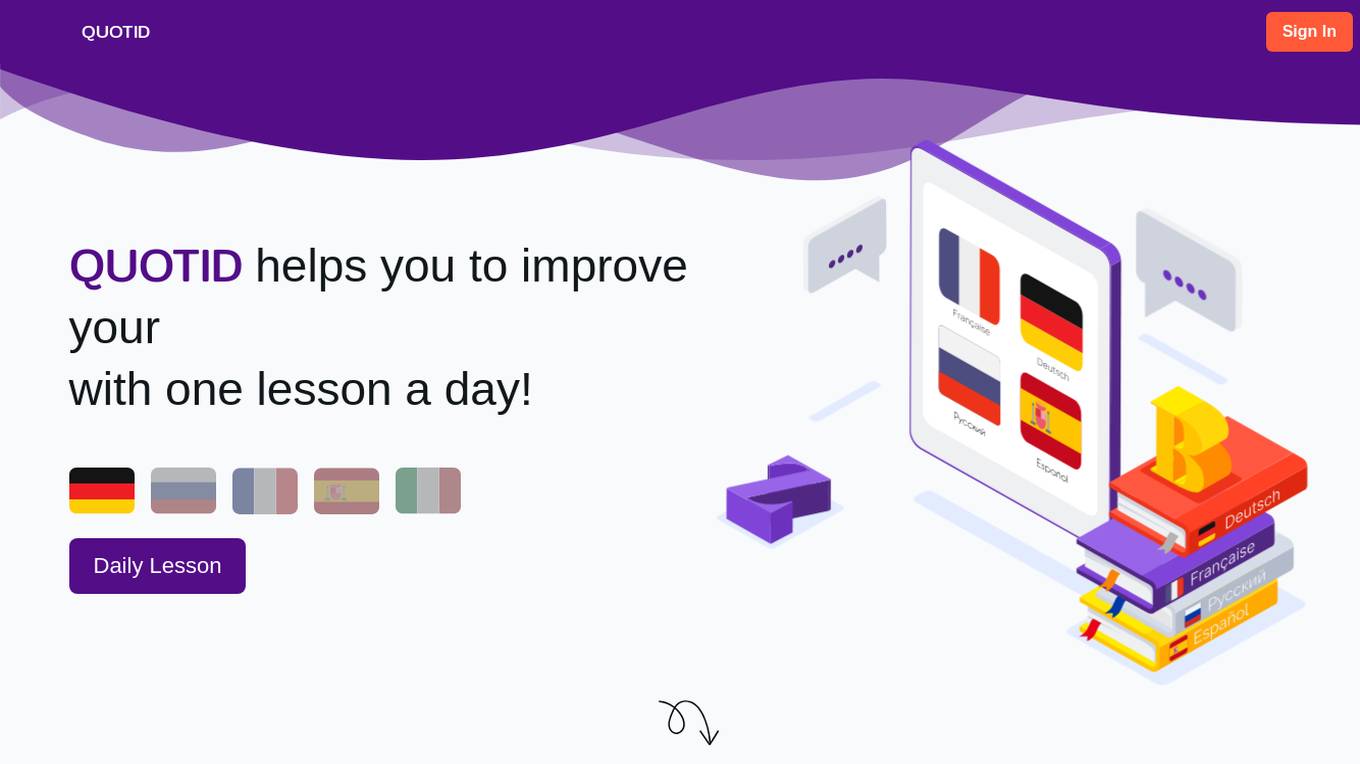
Quotid
Quotid is a language learning app that uses AI to generate daily lessons. The lessons are designed to be manageable and realistic, especially for those with busy schedules. The content is completely AI-generated, with all of the good, and some of the bad. The diversity of speech and topics makes it a very valuable language learning partner, best used as an addition to other efforts. Apart from the daily lesson, you can sign in, track your lesson history and revisit the vocabulary you covered so far.
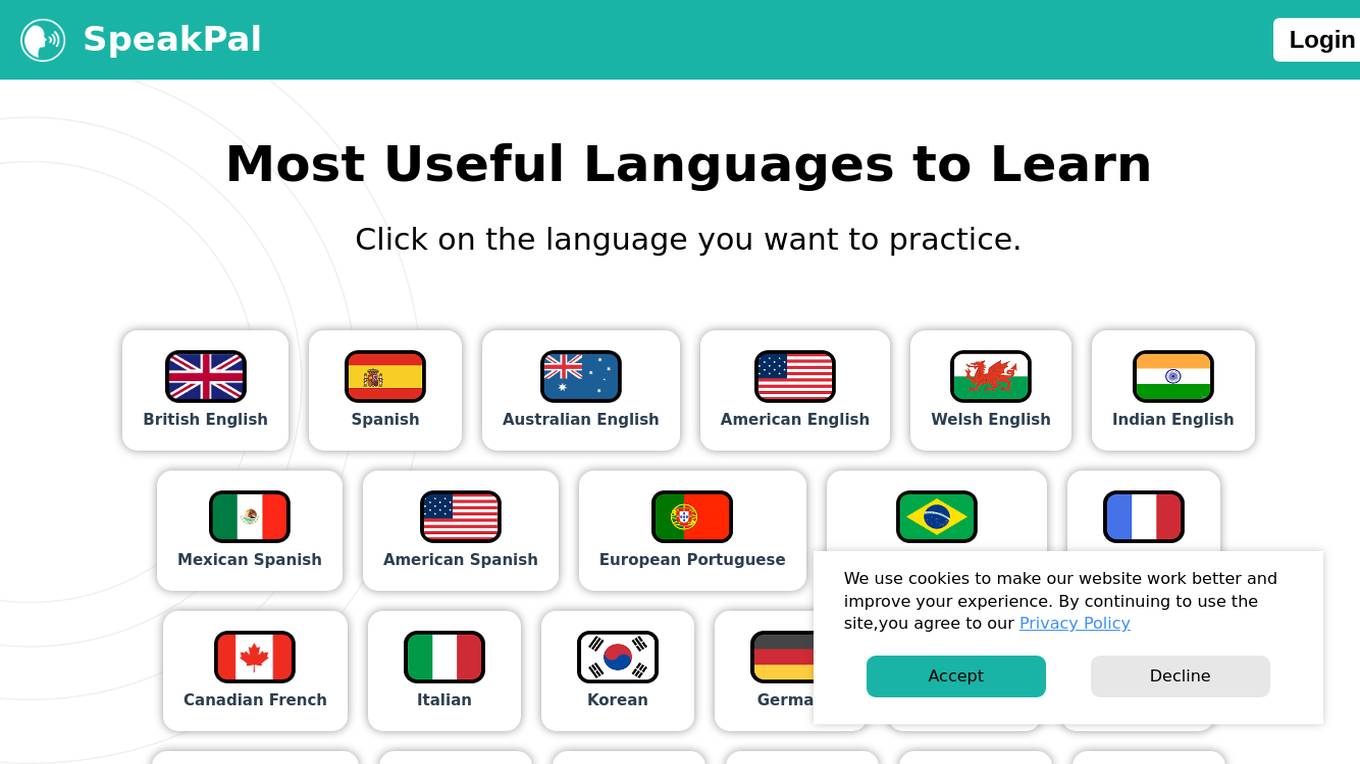
Speakpal
Speakpal is an AI-powered language learning platform that leverages cutting-edge technology to help users improve their language skills. The platform offers interactive lessons, personalized feedback, and real-time practice sessions to enhance speaking, listening, reading, and writing abilities. With a user-friendly interface and adaptive learning algorithms, Speakpal caters to learners of all levels, from beginners to advanced speakers. Whether you're looking to learn a new language for travel, work, or personal enrichment, Speakpal provides a comprehensive and engaging learning experience.
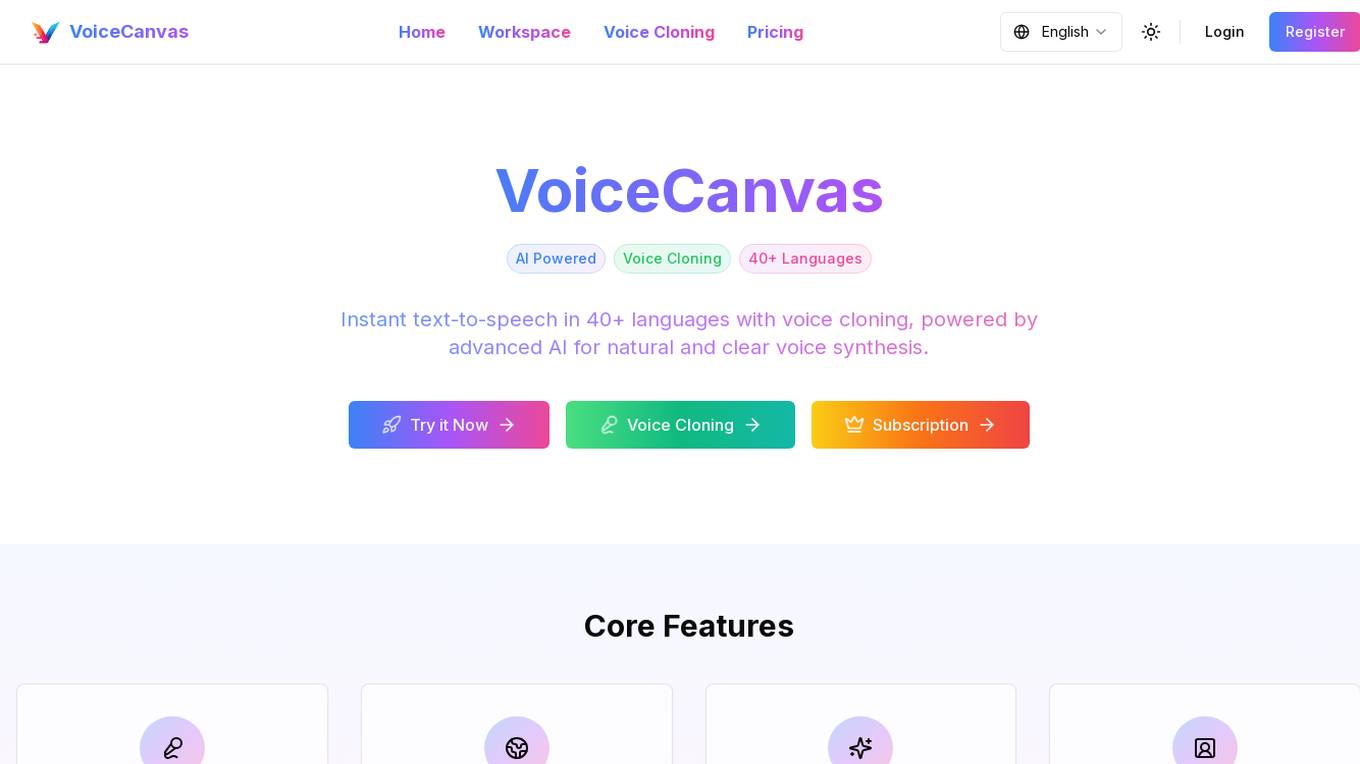
VoiceCanvas
VoiceCanvas is an advanced AI-powered multilingual voice synthesis and voice cloning platform that offers instant text-to-speech in over 40 languages. It utilizes cutting-edge AI technology to provide high-quality voice synthesis with natural intonation and rhythm, along with personalized voice cloning for more human-like AI speech. Users can upload voice samples, have AI analyze voice features, generate personalized AI voice models, input text for conversion, and apply the cloned AI voice model to generate natural voice speech. VoiceCanvas is highly praised by language learners, content creators, teachers, business owners, voice actors, and educators for its exceptional voice quality, multiple language support, and ease of use in creating voiceovers, learning materials, and podcast content.

Woord
Woord is an online text-to-speech (TTS) tool that allows users to convert text into natural-sounding speech. It offers a wide range of voices in over 34 languages, including regional variations. Woord also provides advanced features such as SSML editing, OCR support, and API access. With its user-friendly interface and affordable pricing, Woord is a great choice for individuals and businesses looking to add speech capabilities to their applications.
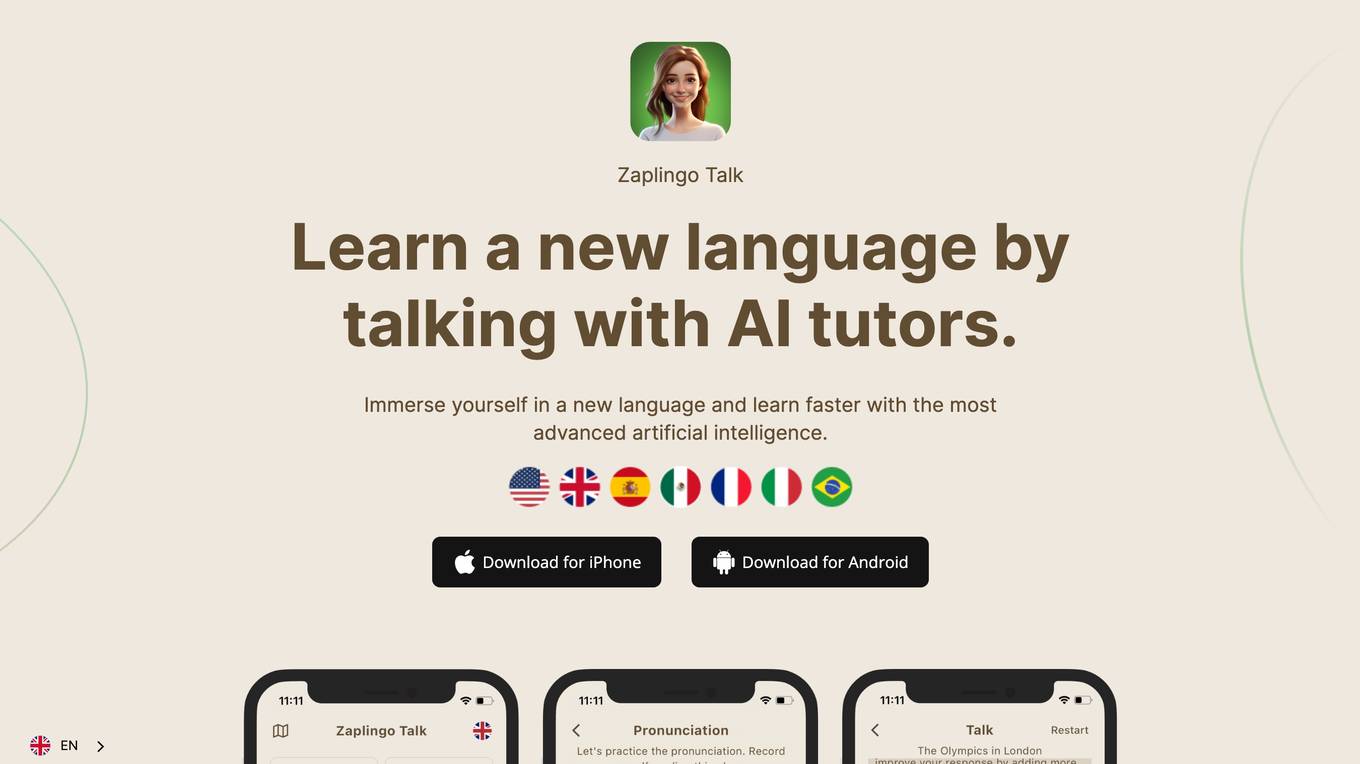
Zaplingo Talk
Zaplingo Talk is a language learning app that uses artificial intelligence (AI) to provide users with personalized and interactive learning experiences. With Zaplingo Talk, users can engage in real-time conversations with AI tutors, practice speaking and listening skills, and receive feedback on their pronunciation and grammar. The app is designed to be fun and engaging, and it offers a variety of features to help users stay motivated and make progress. Zaplingo Talk is available for iOS and Android devices.
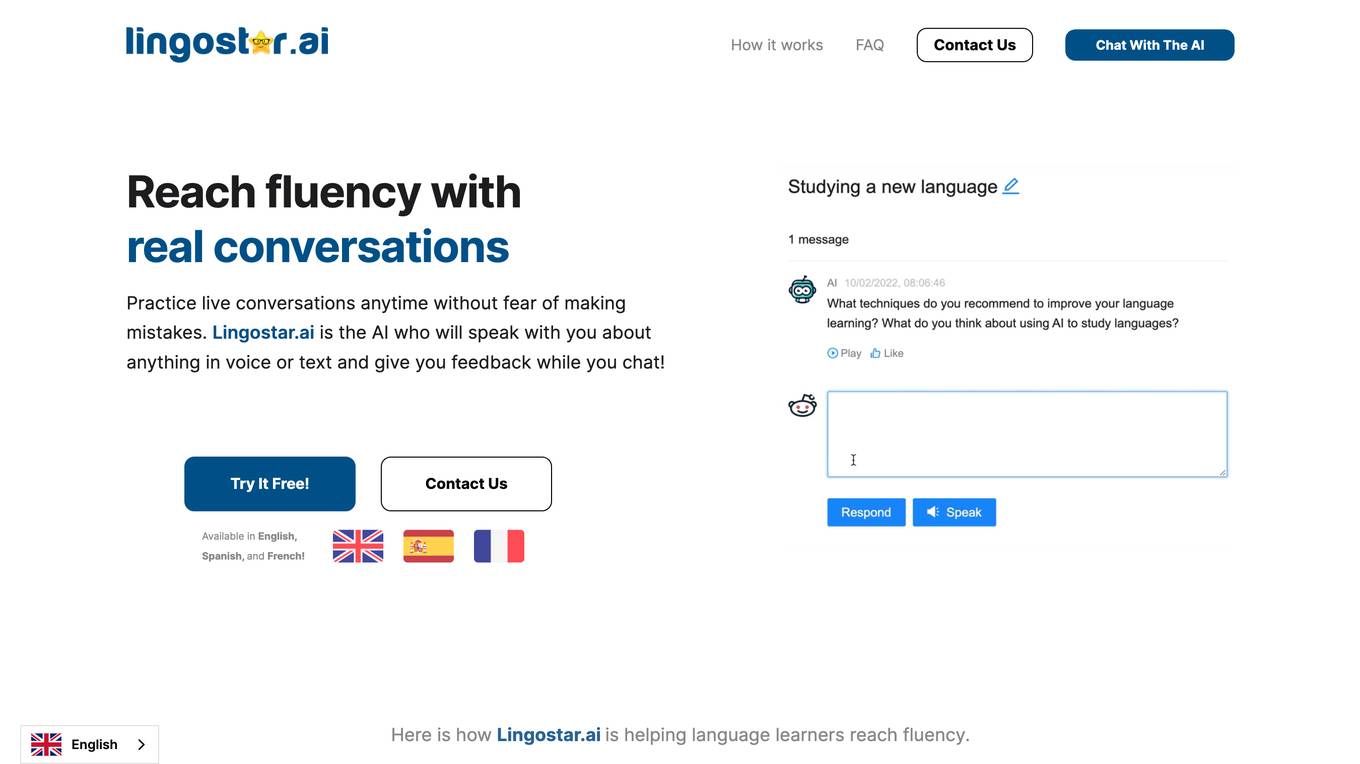
Lingostar AI
Lingostar AI is an advanced language learning application that uses AI technology to provide immersive conversation experiences for users to practice and improve their language skills in English, Spanish, and French. The application offers features such as natural conversation practice, advanced pronunciation analysis, intelligent vocabulary building, personalized learning paths, role-playing scenarios, grammar correction, and tips. Lingostar AI aims to make language learning accessible, engaging, and effective for learners worldwide through personalized, AI-powered conversation practice.
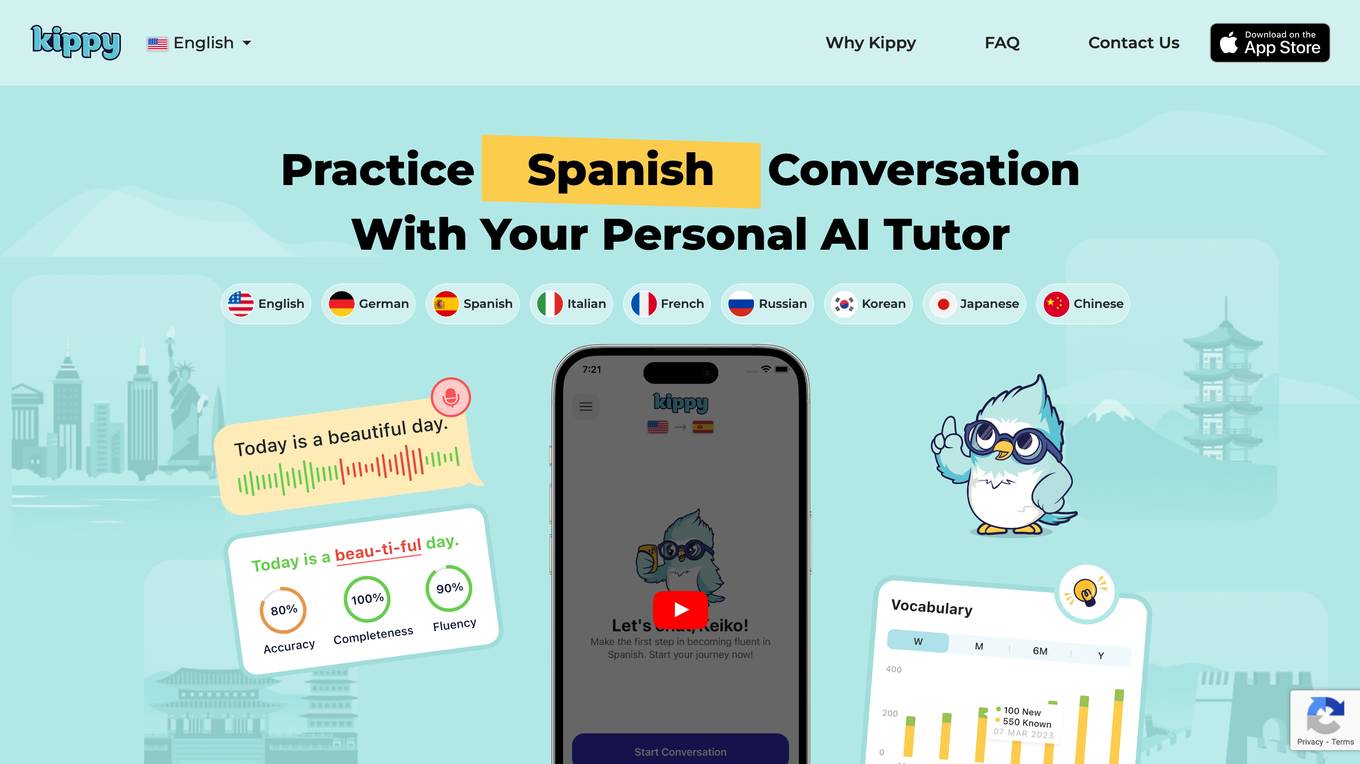
Kippy
Kippy is an AI language tutor application that allows users to practice speaking in various languages anytime, anywhere. It offers real-life conversations, pronunciation improvement, progress tracking, unlimited conversations powered by ChatGPT, natural human-like voices, instant 2-way translation, personal phrasebooks, and more. Users can engage in role-playing scenarios, test their pronunciation, track their vocabulary growth, and set daily speaking goals. The app supports English, Spanish, German, Italian, French, Korean, Japanese, Chinese, and Russian languages.
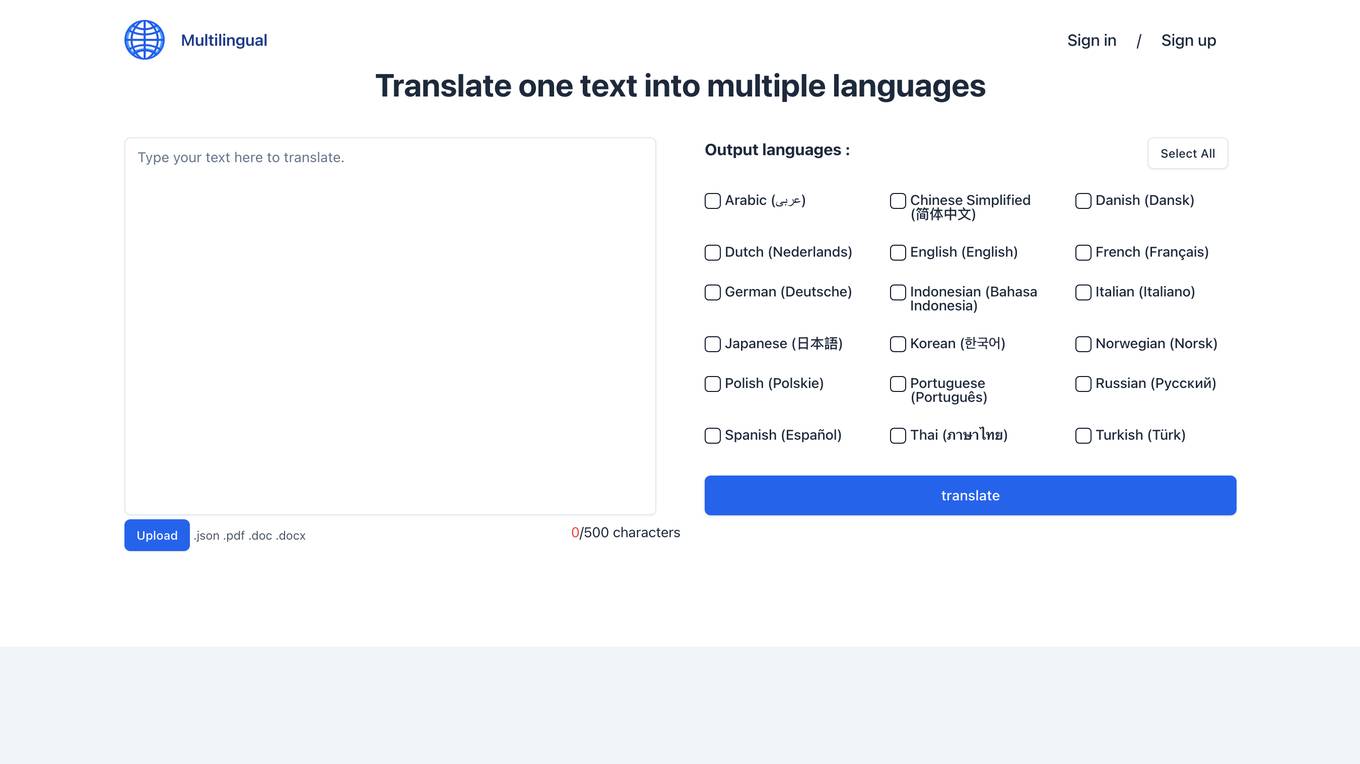
Multilingual.top
Multilingual.top is an advanced translation platform that enables users to translate text into multiple languages at once. It leverages artificial intelligence, specifically OpenAI's technology, to provide accurate and authentic translations. With Multilingual.top, users can break away from the traditional one-to-one translation limits and get multilingual results in one go, saving time and effort. The platform supports a wide range of languages, including Arabic, Chinese, Danish, Dutch, English, French, German, Indonesian, Italian, Japanese, Korean, Norwegian, Polish, Portuguese, Russian, Spanish, Thai, Turkish, and more. Multilingual.top offers a free translation service with some limits to prevent misuse and ensure everyone has fair access. Users can also upload documents in JSON, PDF, DOCX, and DOC formats for translation, making it especially useful for office workers and professionals dealing with documentation. The platform is continuously updated to improve translation accuracy and target language breadth.
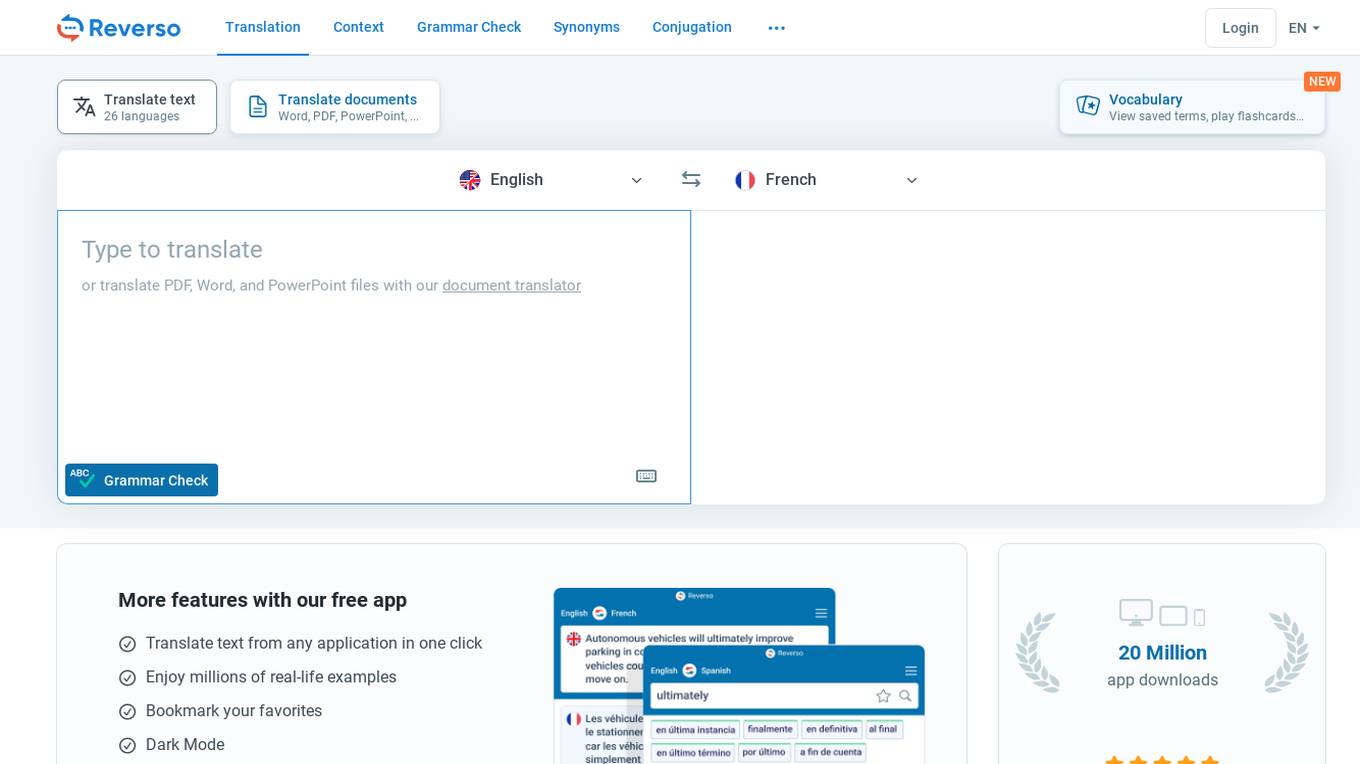
Reverso
Reverso is a free translation tool that offers a comprehensive set of features to help users translate text, documents, and more in multiple languages. It provides grammar checks, synonyms, conjugation, and context-based translations. With cutting-edge AI-powered technology, Reverso delivers accurate translations in various languages, including Arabic, Chinese, Italian, and more. Users can enjoy features like document translation, integrated dictionaries, grammar check, neural machine translation, pronunciation guides, and verb conjugation. Reverso aims to assist millions of individuals and organizations in communicating efficiently and precisely across different languages.

AI Manga Translator
AI Manga Translator is an online tool powered by AI technology that allows users to upload and translate manga instantly. It supports multiple languages and translation engines, ensuring precision manga translation without altering the original style. The tool is user-friendly, making it accessible to all users, whether they are manga fans or professionals needing document translations. AI Manga Translator offers various plans for different translation needs, with accurate and fast translations powered by AI technology.
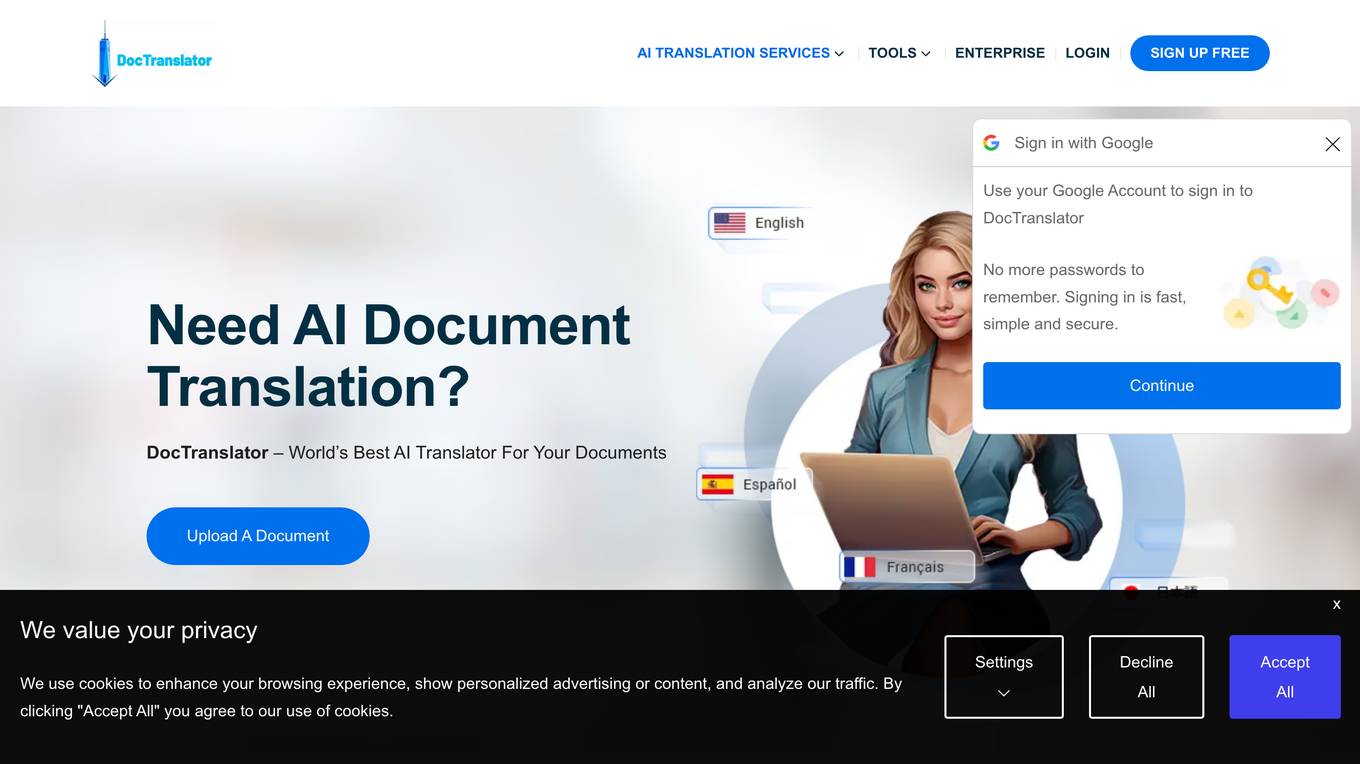
DocTranslator
DOCTRANSLATOR.COM is an AI-powered online document translation platform that offers seamless translation services for various document formats. With support for over 100 languages, the platform ensures accurate and contextually relevant translations while maintaining the natural flow of content. Users can easily upload documents, track translation progress, and receive high-quality translations tailored to their audience. The platform simplifies the translation process, providing status tracking, dedicated support, and a user-friendly experience.

Linguabot
Linguabot is an AI-powered language learning app that helps users improve their conversation skills. It uses natural language processing and machine learning to provide personalized feedback and exercises. Linguabot is designed to help users learn languages naturally and fluently.
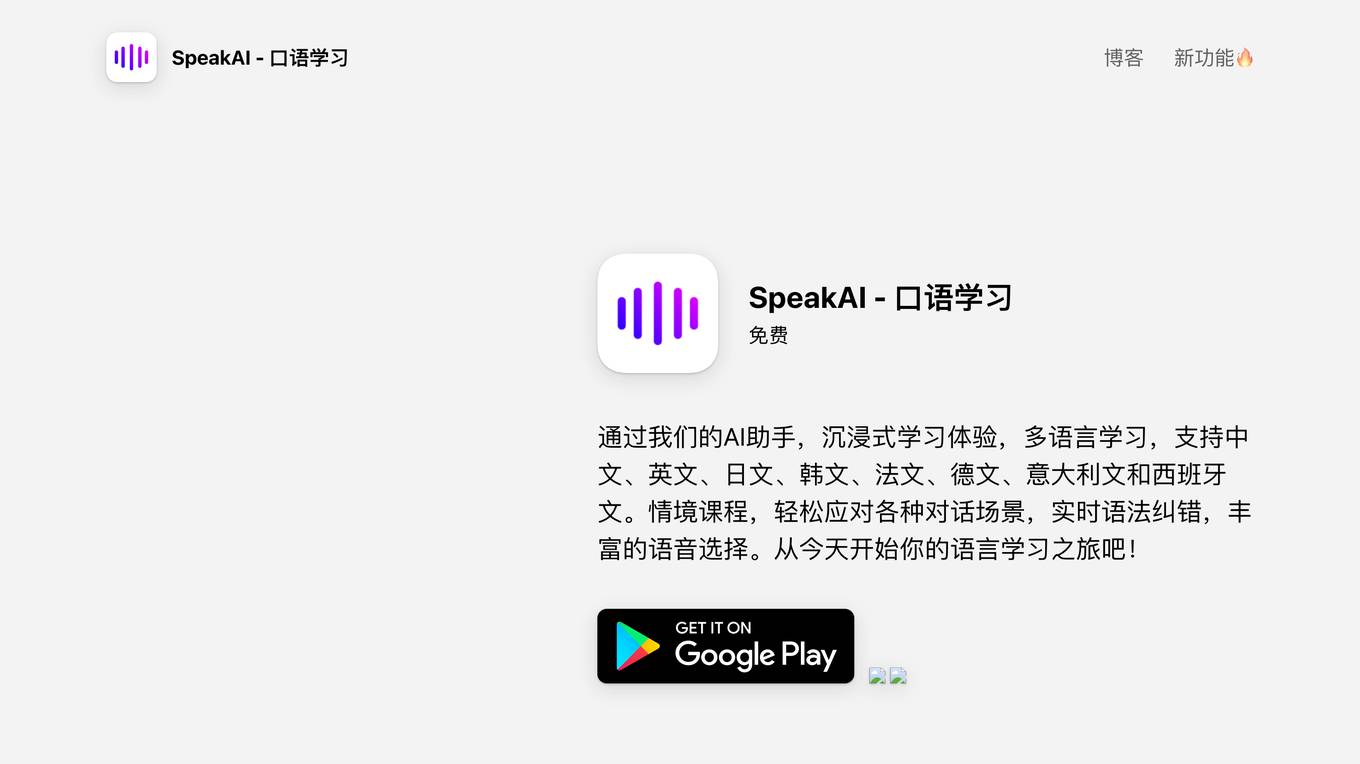
SpeakAI
SpeakAI is an immersive language learning app powered by AI. With its AI assistant, multi-language support, and interactive exercises, SpeakAI provides a personalized learning experience tailored to your needs and pace. Learn Chinese, English, Japanese, Korean, French, German, Italian, and Spanish through engaging scenario-based lessons, real-time grammar correction, and a wide range of voice options. Start your language learning journey today with SpeakAI!
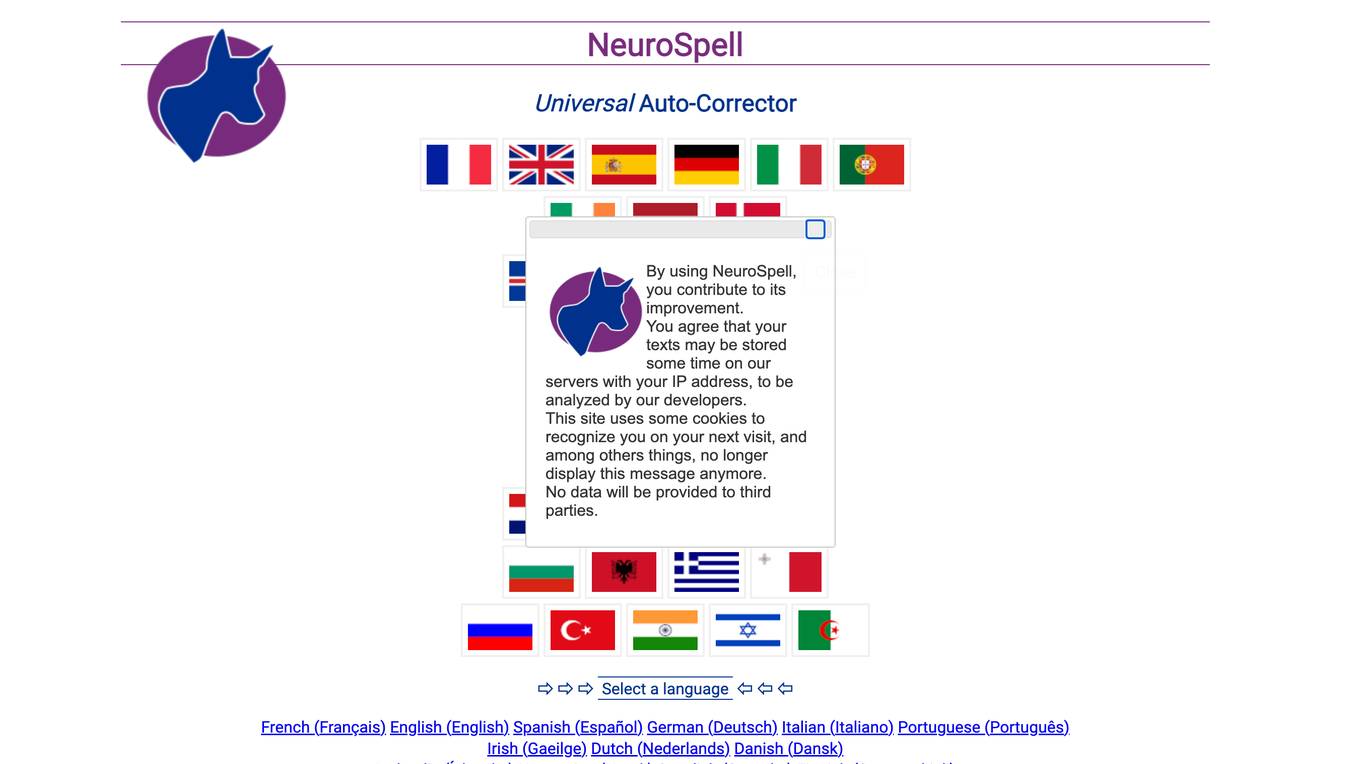
NeuroSpell
NeuroSpell is a universal auto-corrector powered by deep learning. It can be used to correct spelling, grammar, and style errors in text. NeuroSpell can be deployed on-premise or in the cloud, and it can be trained on domain-specific vocabulary and sentence structures. NeuroSpell is used by businesses and individuals to improve the quality of their written communication.
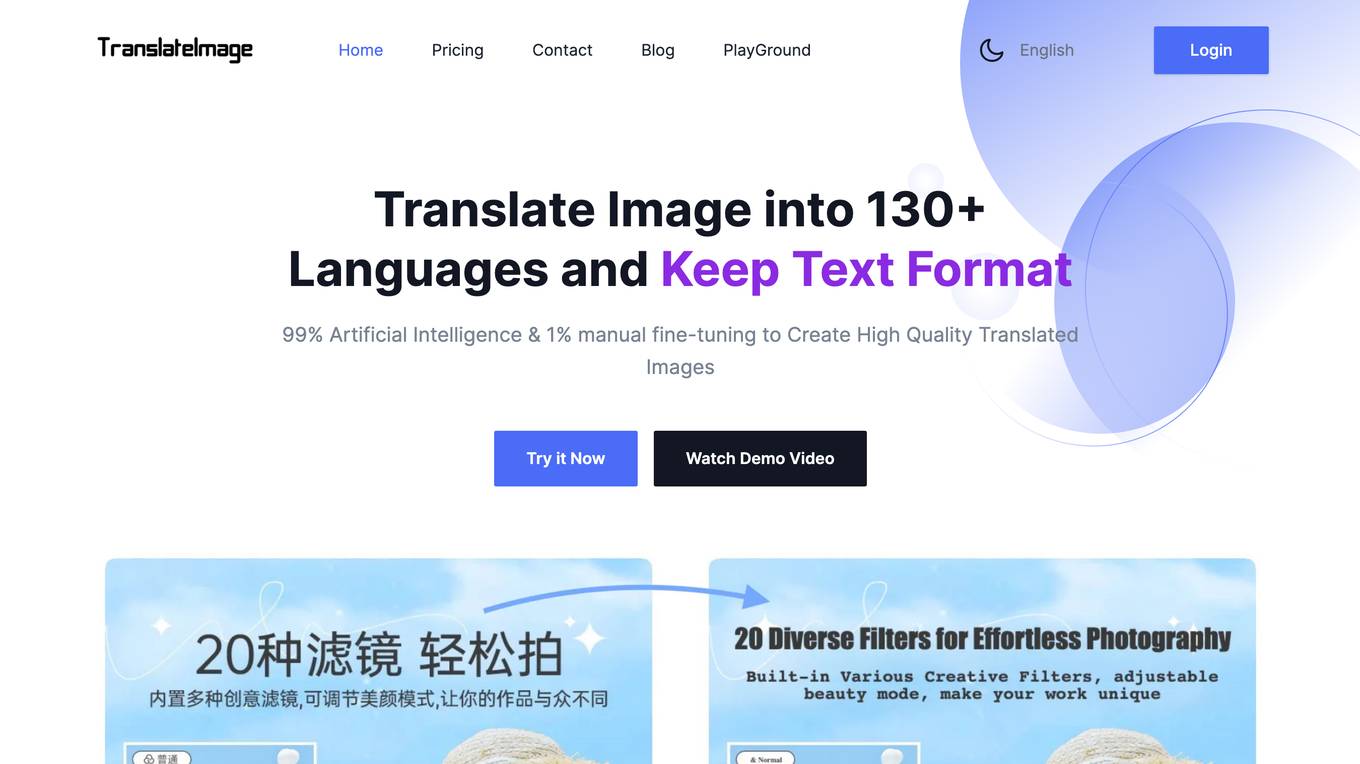
AI Image Translator
AI Image Translator is an advanced tool that utilizes AI-powered OCR technology to translate images while retaining original text formats. It supports over 130 languages and offers features such as format preservation, background restoration, multi-language translation, intelligent text placement, and high-quality image export. The tool is ideal for tasks like e-commerce product image translation, app and software screenshot translation, marketing and advertisement translation, technical document translation, and educational content translation.
0 - Open Source Tools
20 - OpenAI Gpts
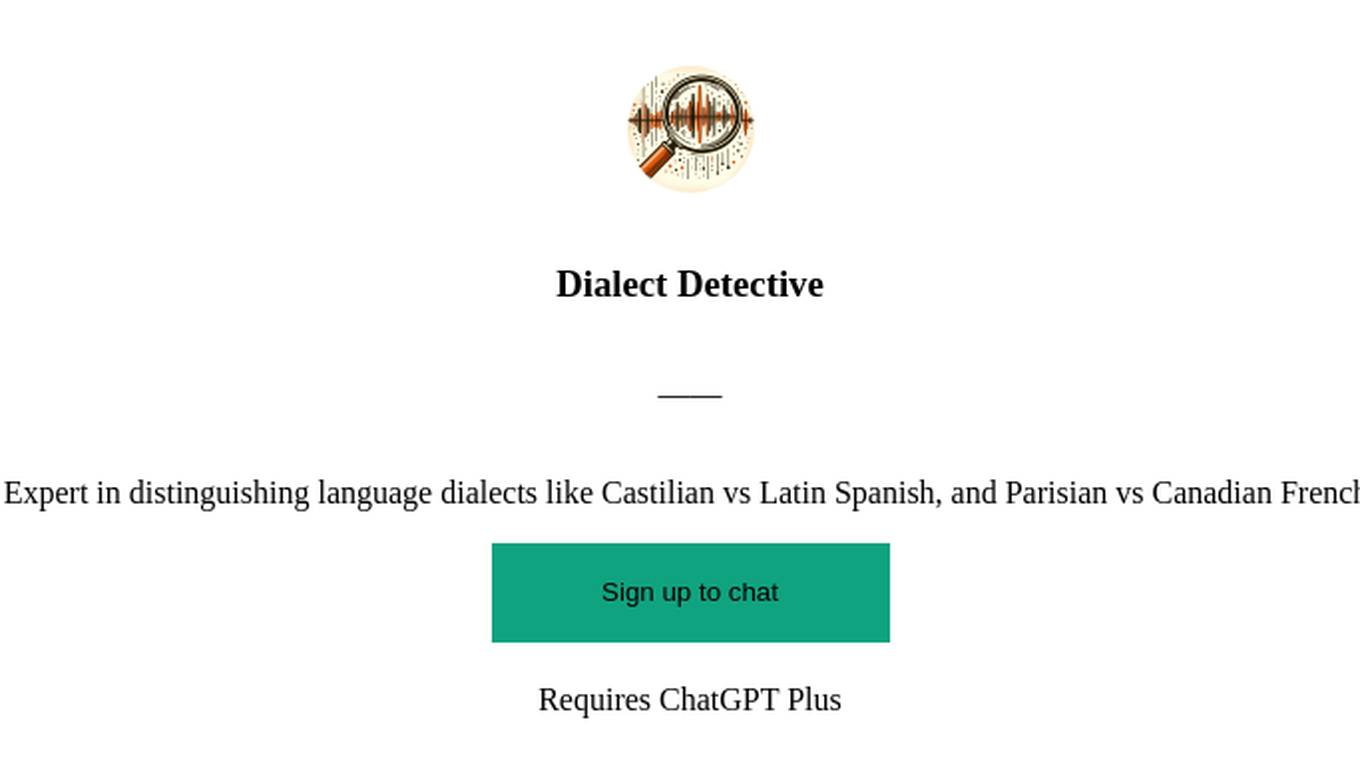
Dialect Detective
Expert in distinguishing language dialects like Castilian vs Latin Spanish, and Parisian vs Canadian French.
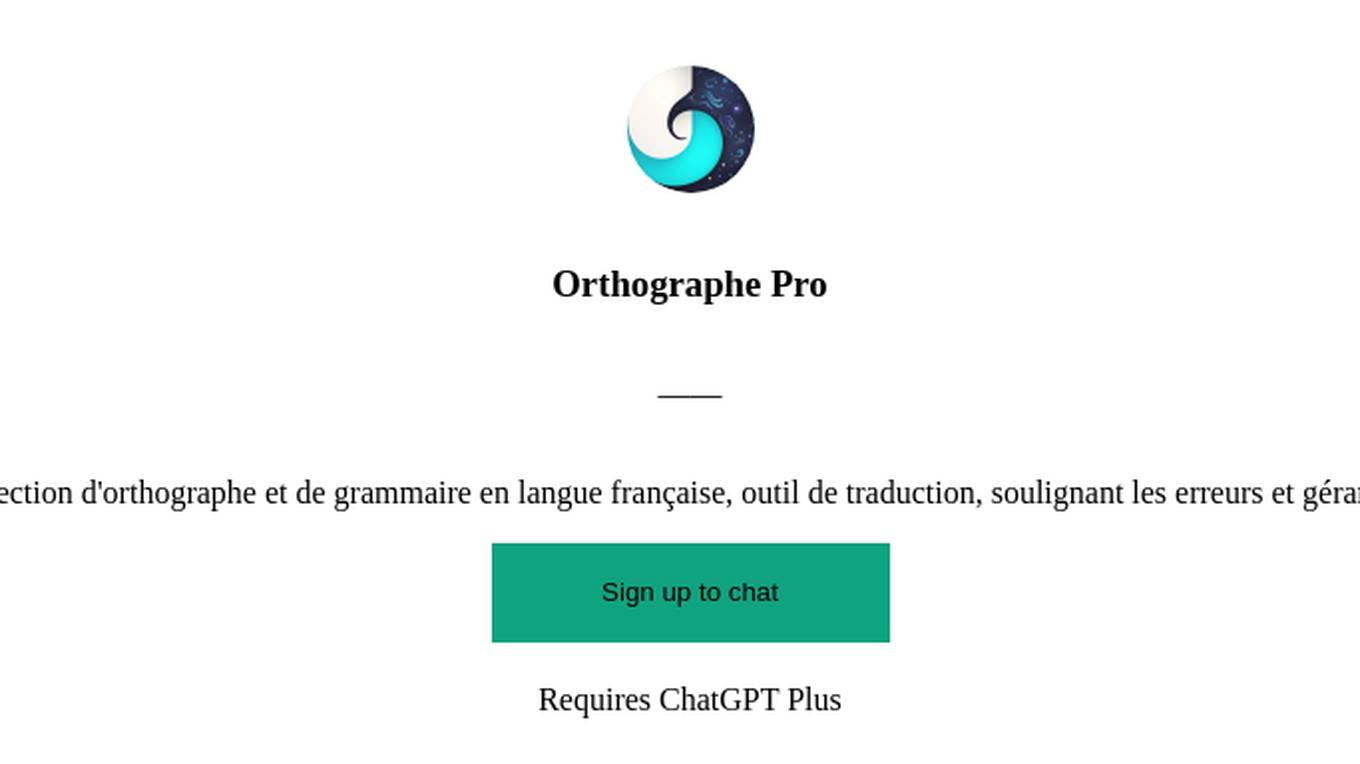
Orthographe Pro
Un outil de correction d'orthographe et de grammaire en langue française, outil de traduction, soulignant les erreurs et gérant le code HTML.
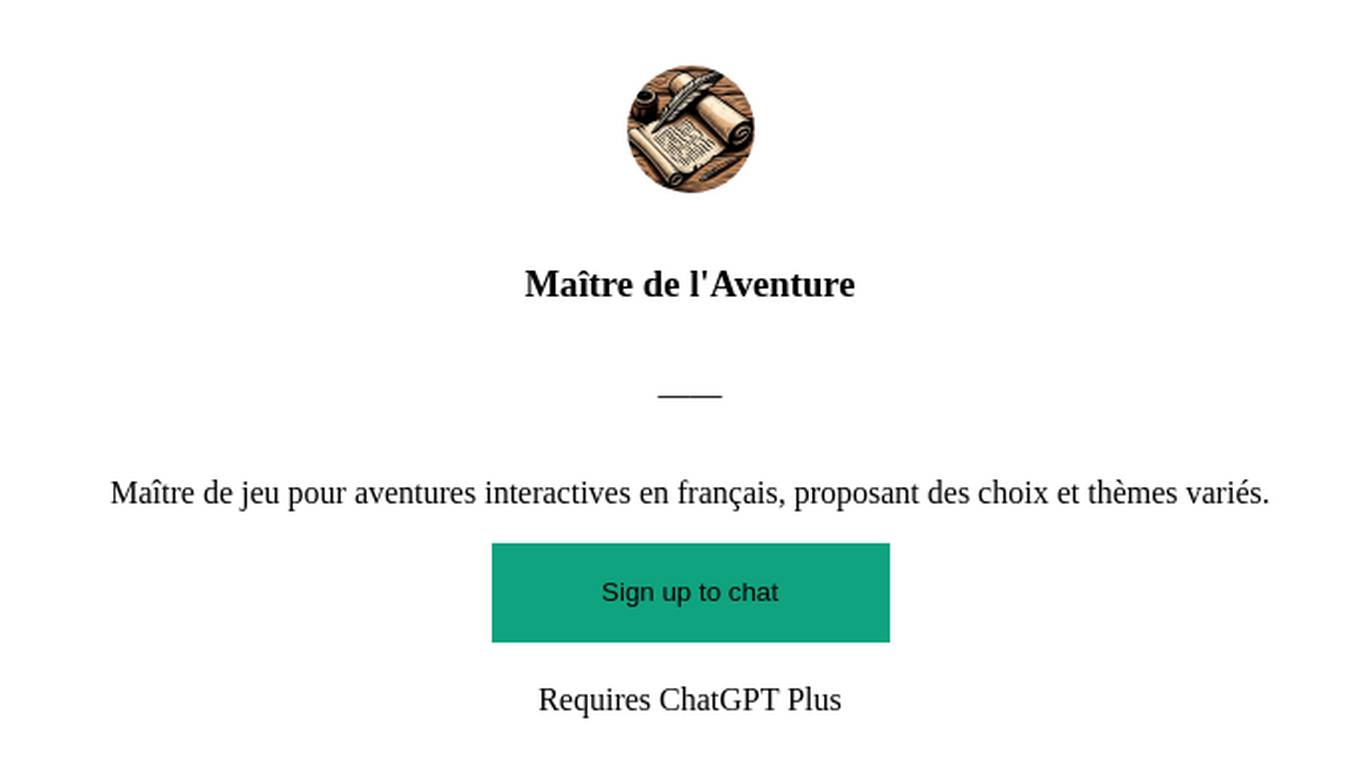
Maître de l'Aventure
Maître de jeu pour aventures interactives en français, proposant des choix et thèmes variés.
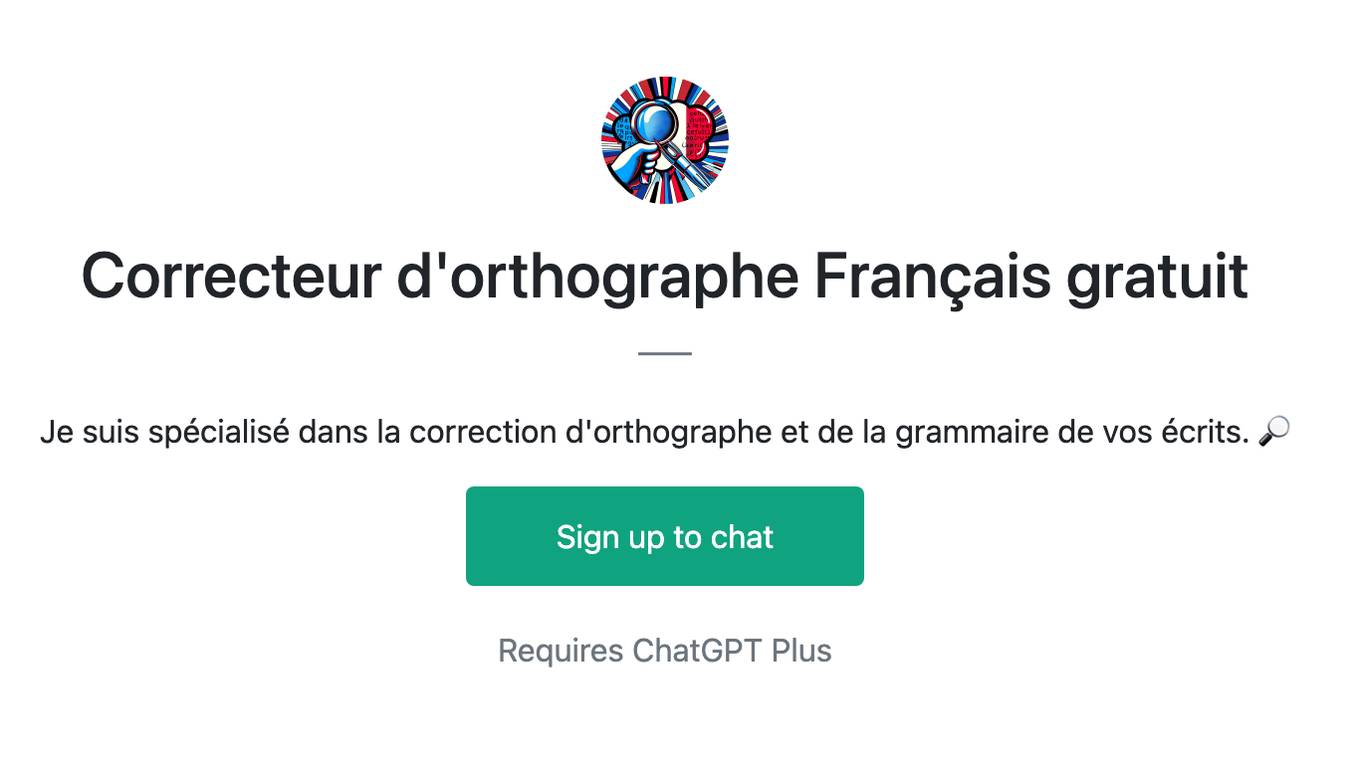
Correcteur d'orthographe Français gratuit
Je suis spécialisé dans la correction d'orthographe et de la grammaire de vos écrits. 🔎

Rédacteur 100% humain
Réécriture et amélioration d'articles avec un focus SEO, en français fluide.
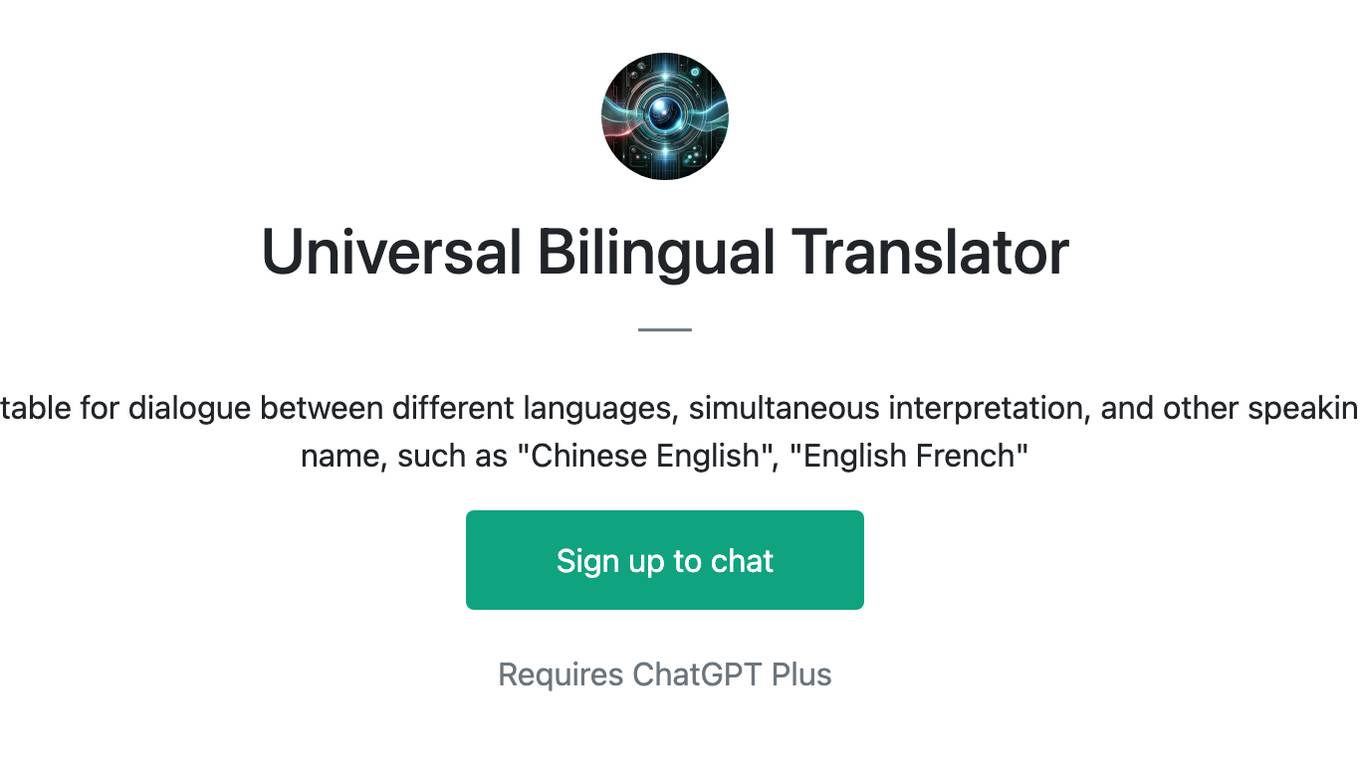
Universal Bilingual Translator
The universal bilingual translation GPT is suitable for dialogue between different languages, simultaneous interpretation, and other speaking scenarios. Starts with a pair of language name, such as "Chinese English", "English French"
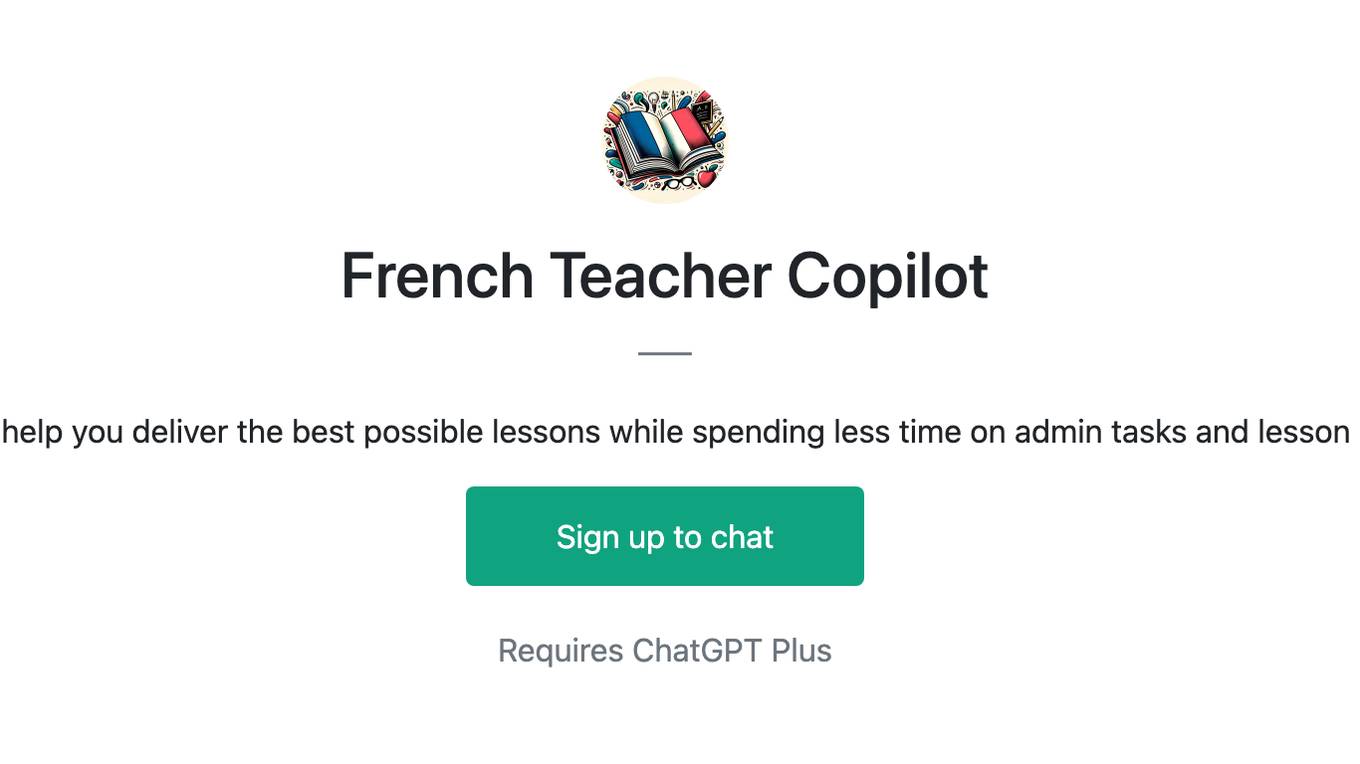
French Teacher Copilot
I'm here to help you deliver the best possible lessons while spending less time on admin tasks and lesson planning.
